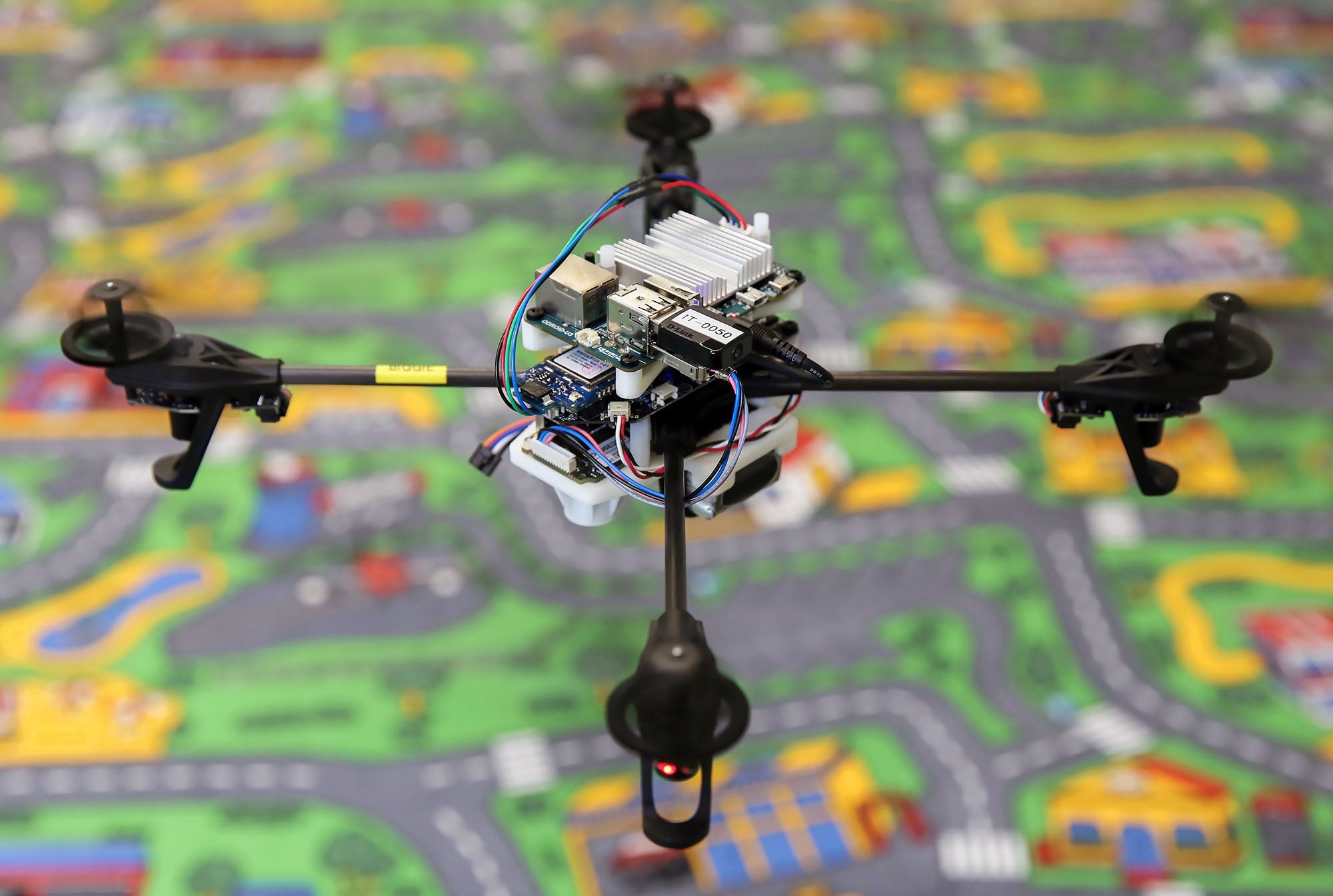
University of Zurich (UZH) researchers have developed a new technology claimed to allow drones to recover stable flight and identify safe-landing sites to ground autonomously in case of a failure.
UZH research group’s drones incorporate a single camera and acceleration sensors, which imitate human visual system and sense of balance.
The technology is said to allow launching drones by tossing them into the air similar to a baseball.
UZH robotics and perception group co-inventor and director Davide Scaramuzza said: "Our new technology allows safe operation of drones beyond the operator’s line of sight, which is crucial for commercial use of drones, such as parcel delivery."
In failure situations, the computer-vision software will evaluate images to identify landmarks in the environment and restore balance.
A smartphone processor on-board the drone manages image processing, eliminating the need for any communication with the operator, researchers said.
How well do you really know your competitors?
Access the most comprehensive Company Profiles on the market, powered by GlobalData. Save hours of research. Gain competitive edge.

Thank you!
Your download email will arrive shortly
Not ready to buy yet? Download a free sample
We are confident about the unique quality of our Company Profiles. However, we want you to make the most beneficial decision for your business, so we offer a free sample that you can download by submitting the below form
By GlobalDataThe software also builds a 3D model of the surrounding area, to group the terrain beneath the drone into risky and safe landing sites.
The drone will detect and land on a flat, safe location without human intervention.
Co-inventor of the technology and group researcher Matthias Faessler said: "Our system works similarly to a tight-rope walker.
"When you balance on a rope, you fixate on some static points in the environment and shift your weight accordingly to restore balance."
Image: One of the new drones of the UZH research group. Photo: courtesy of UZH.


